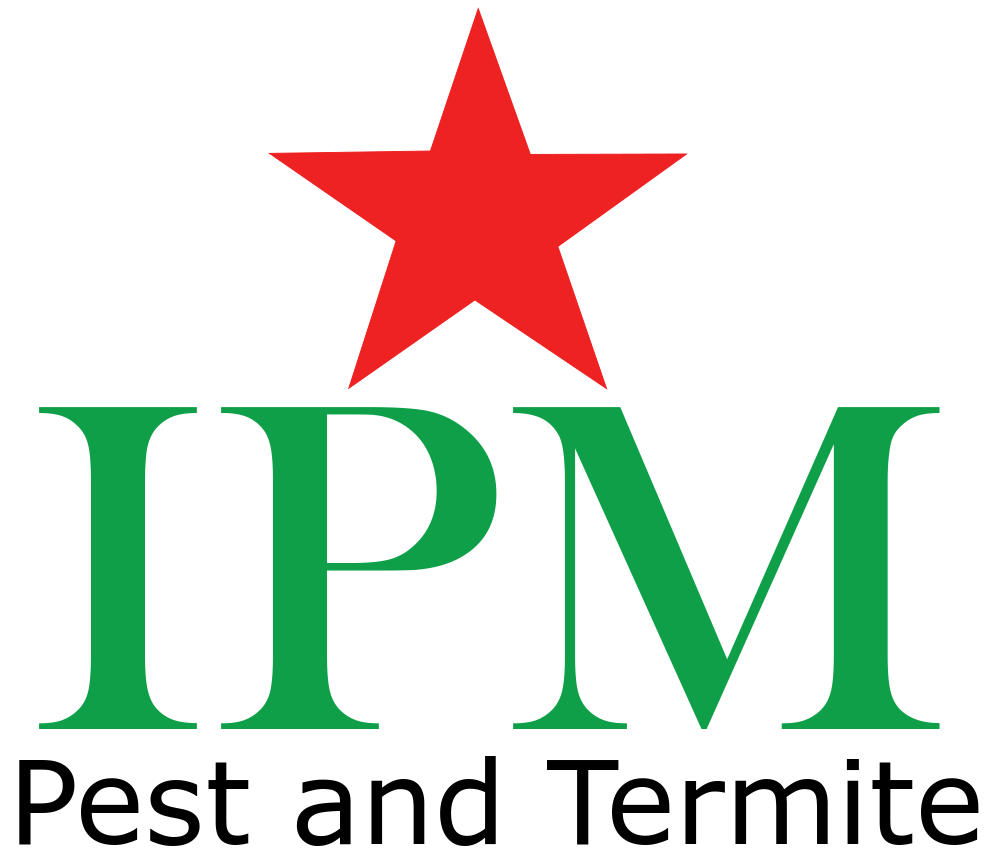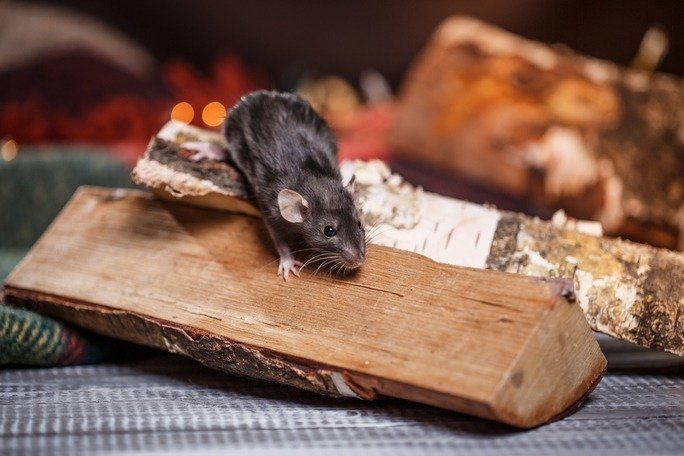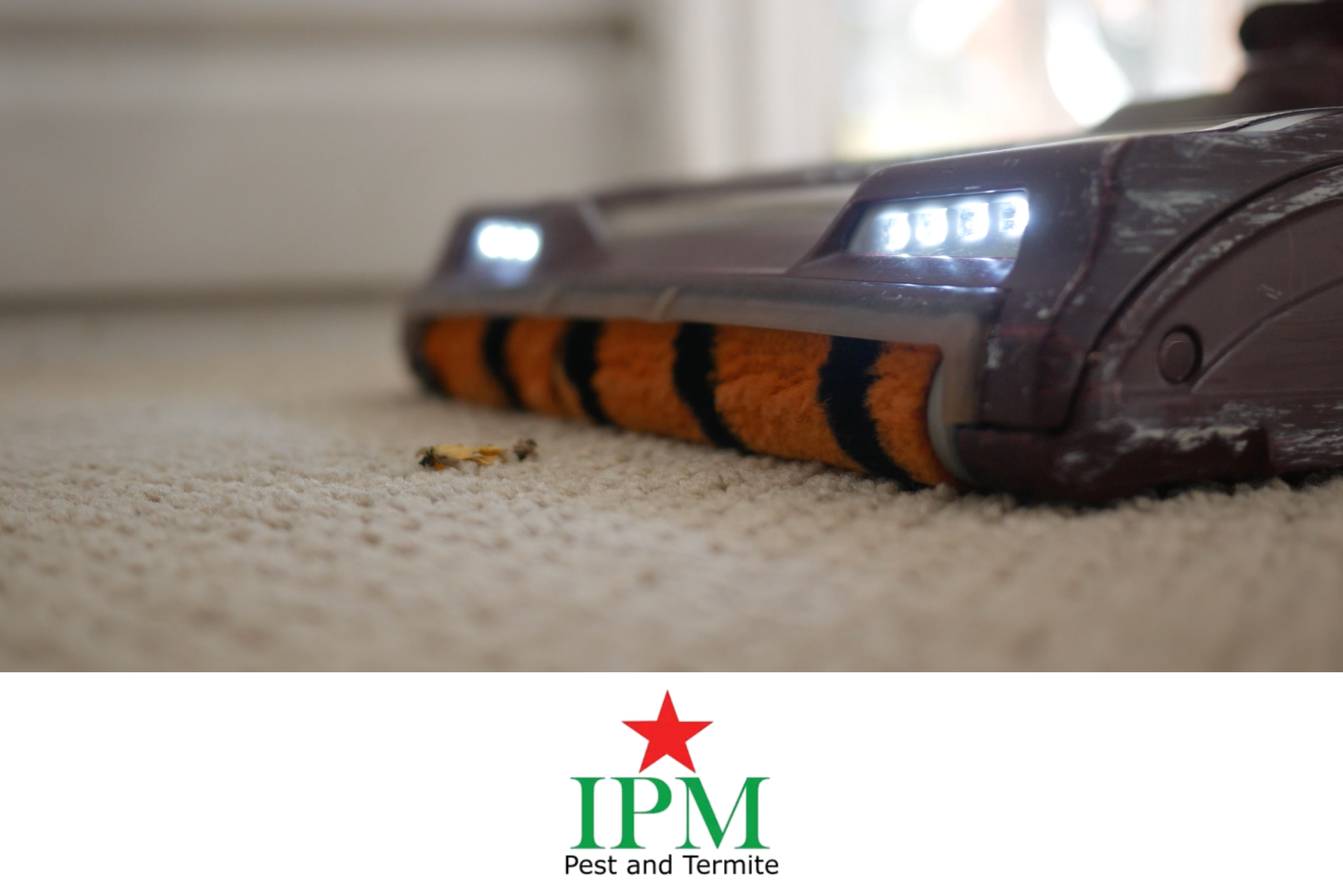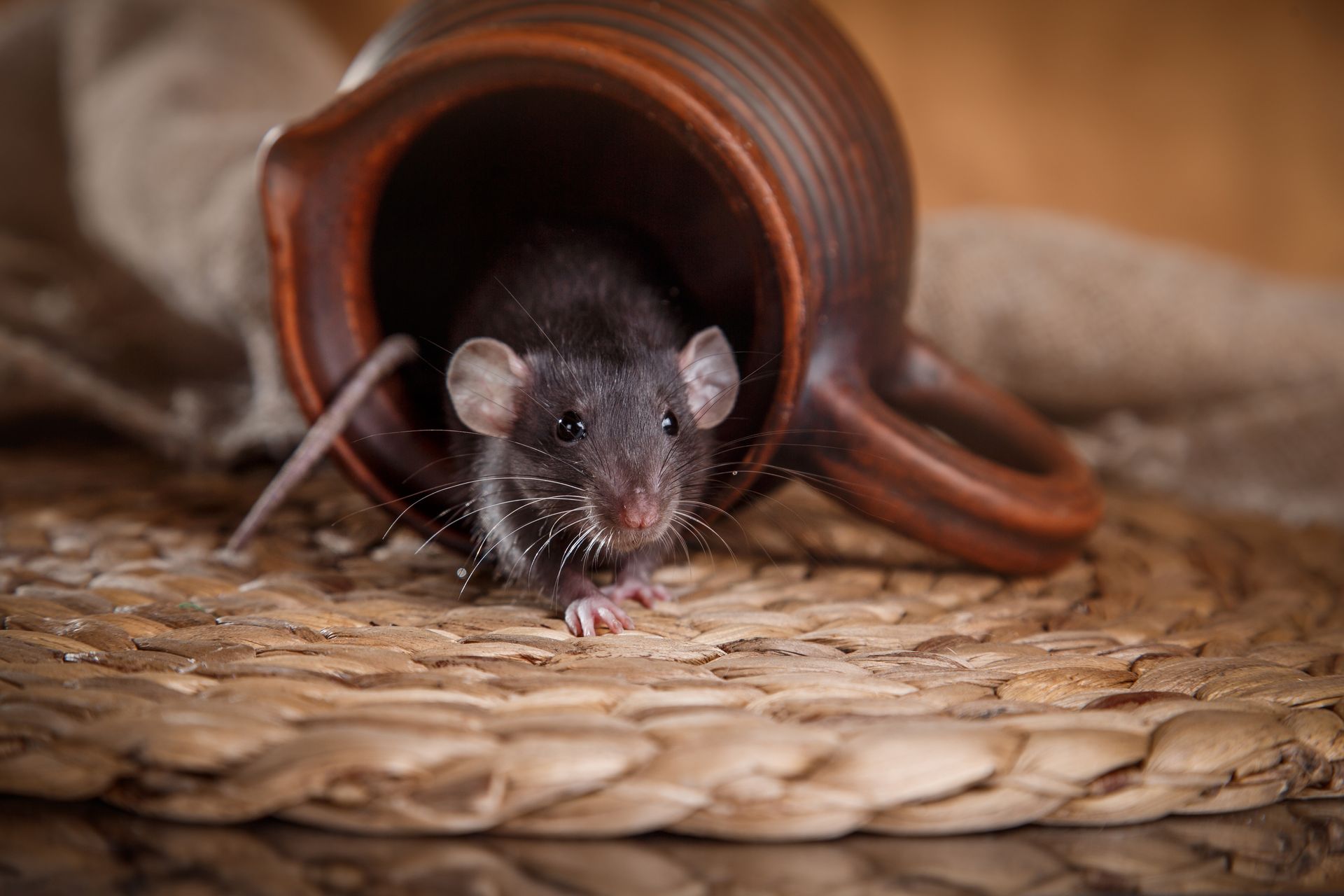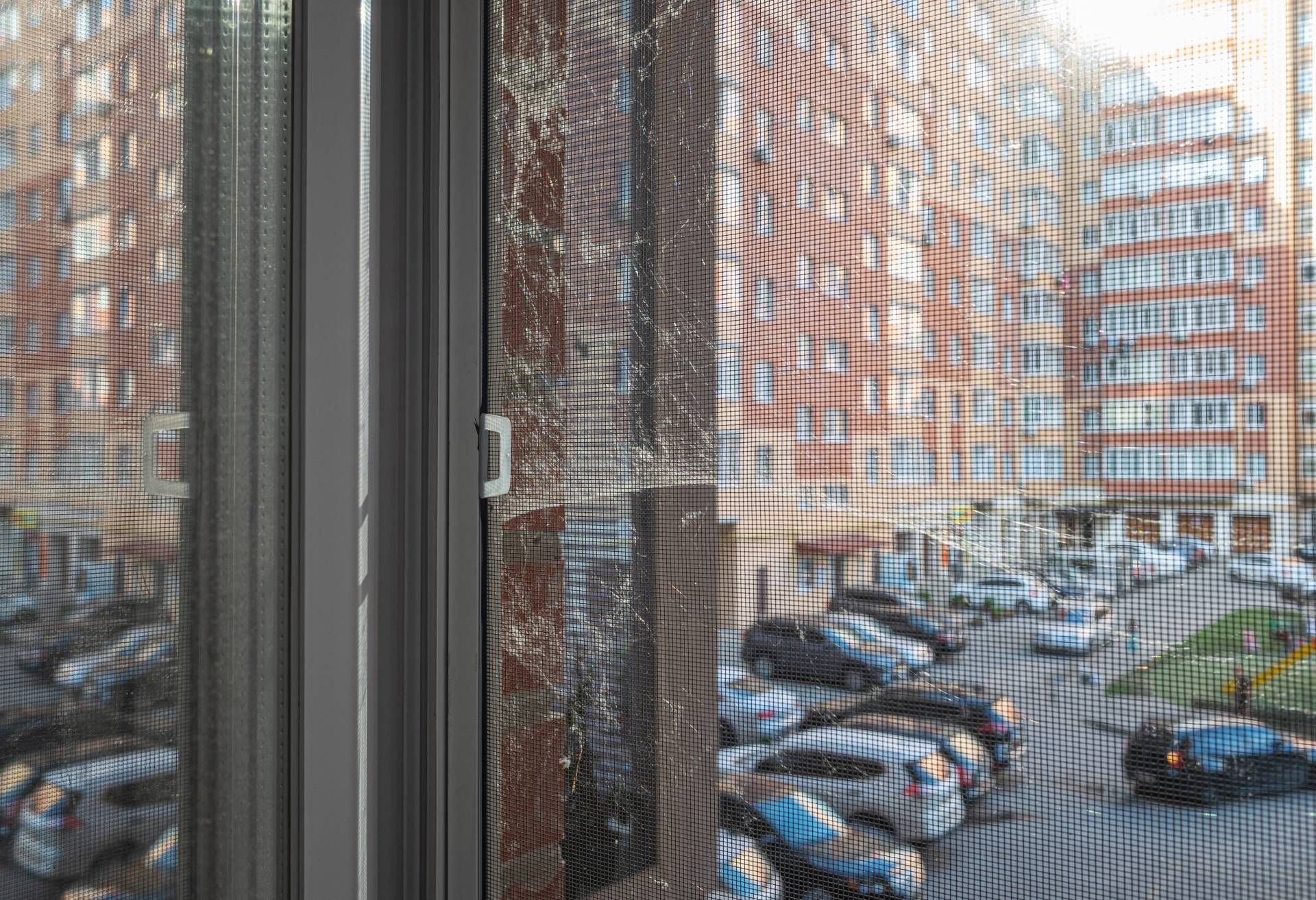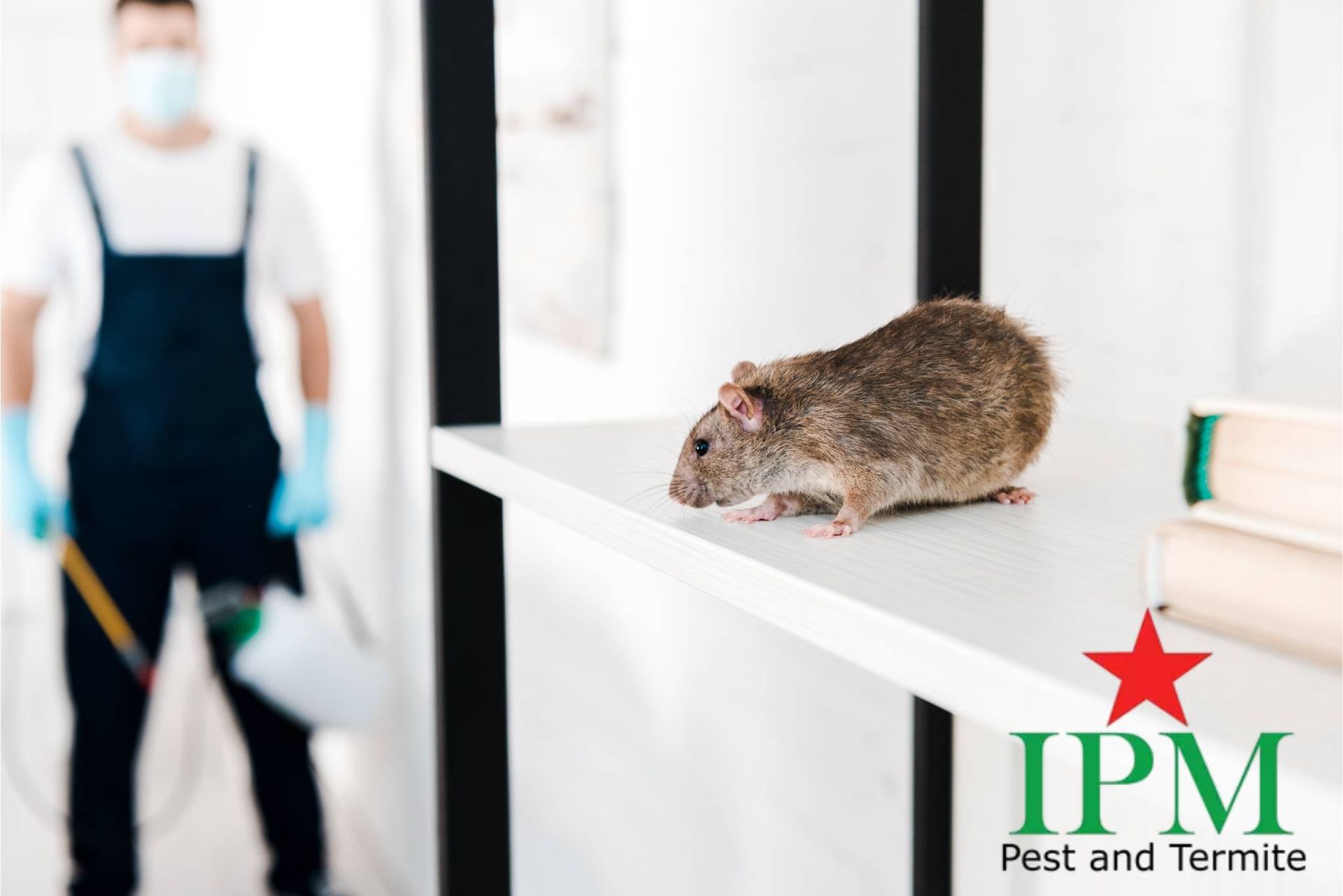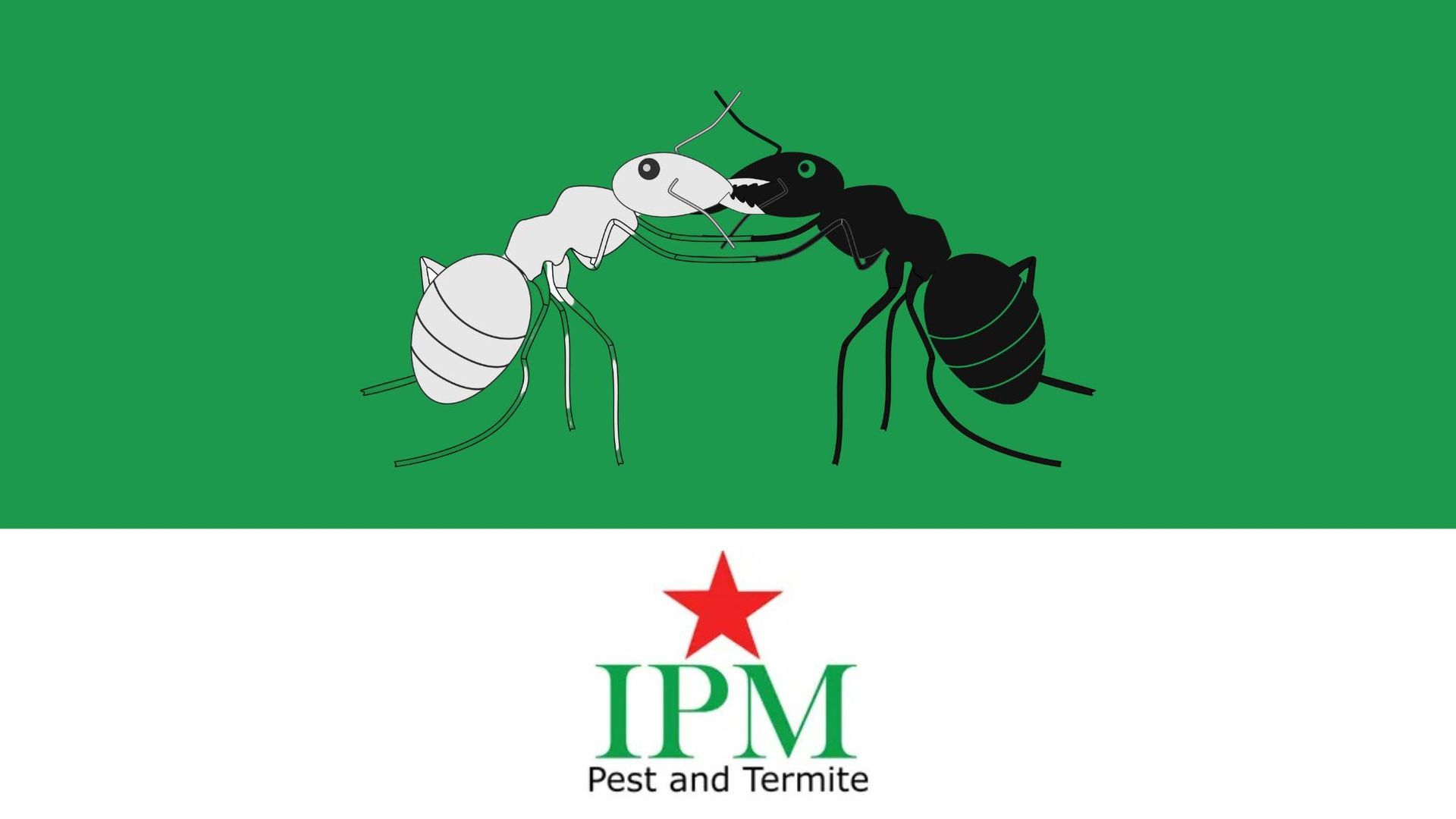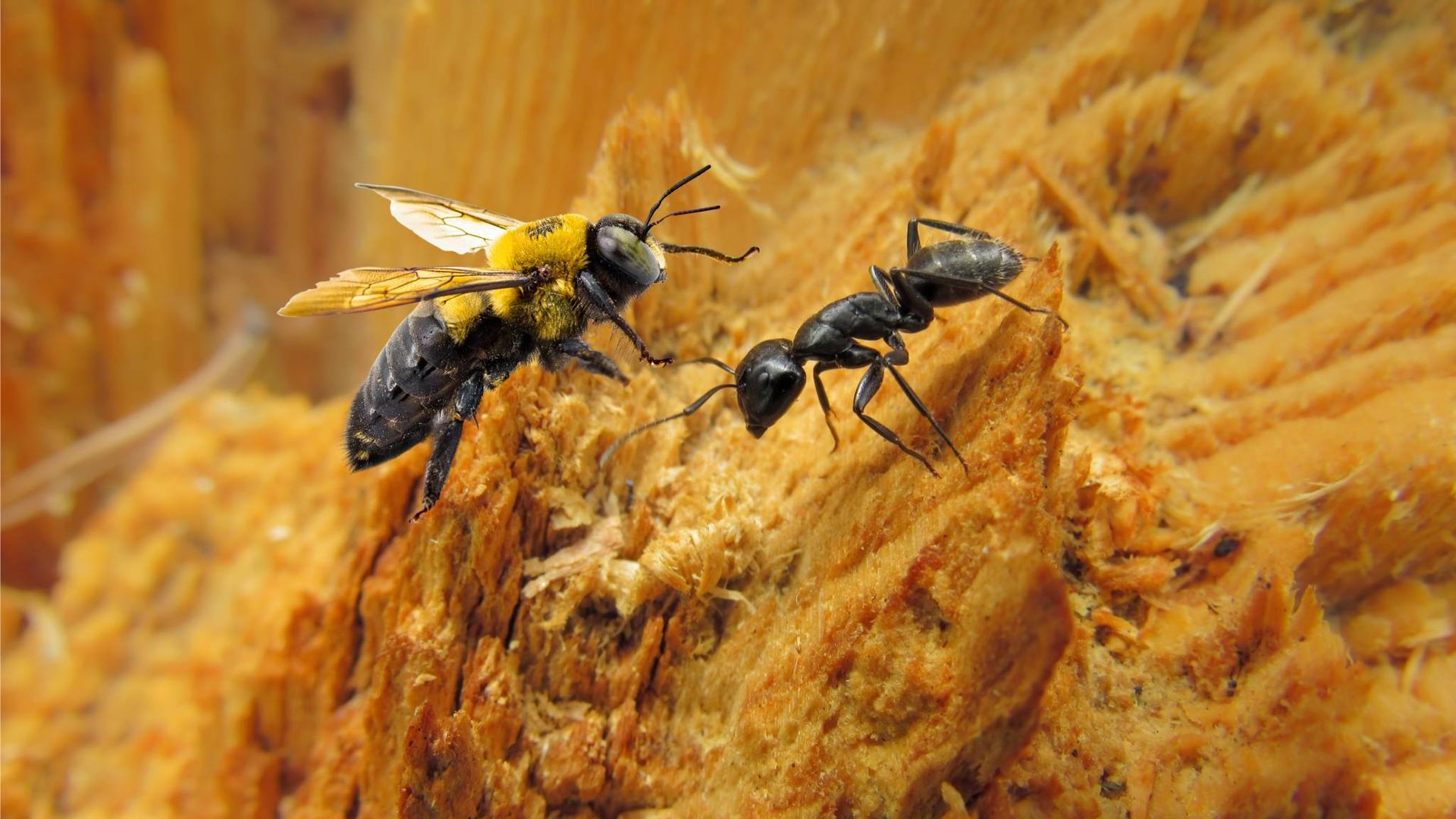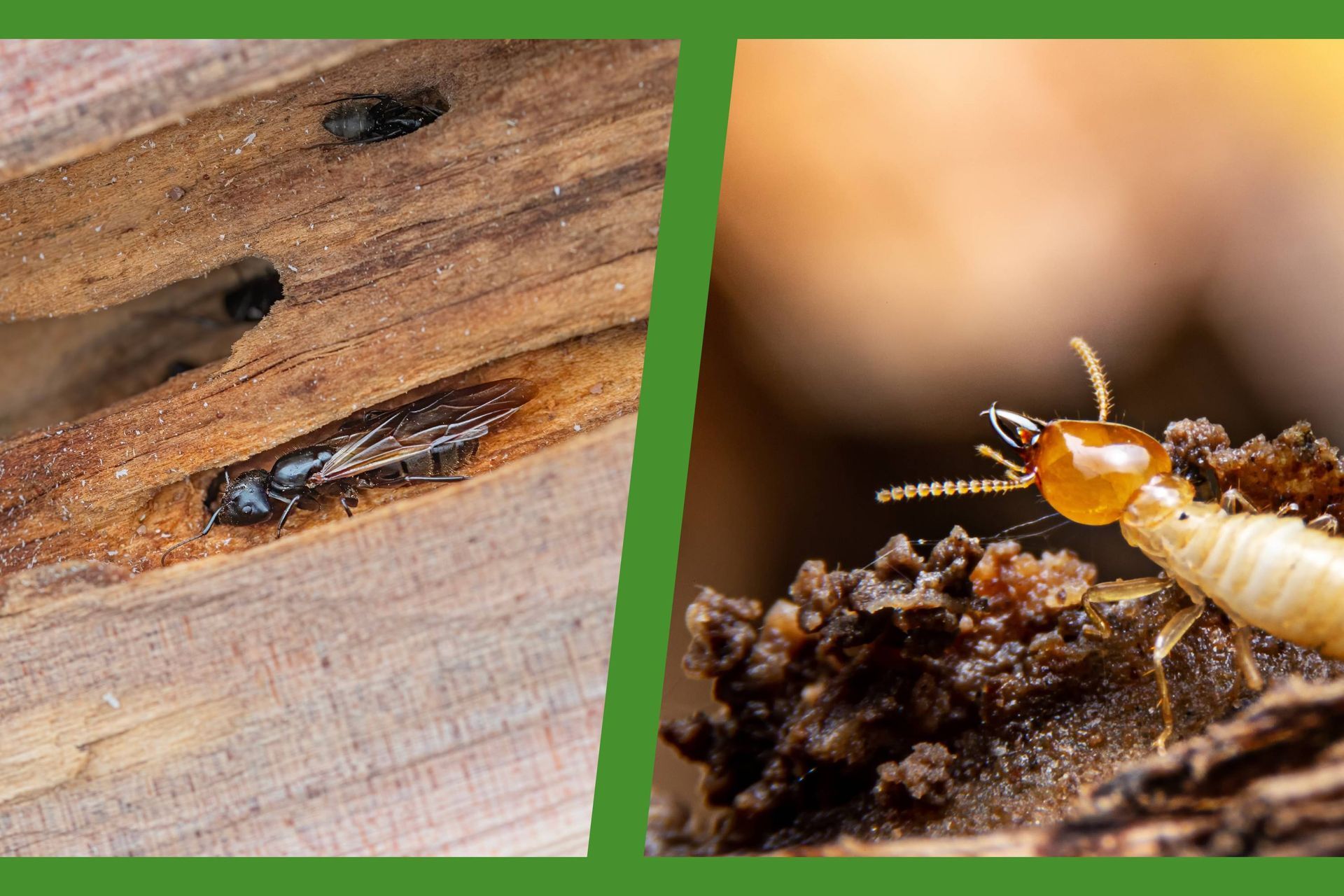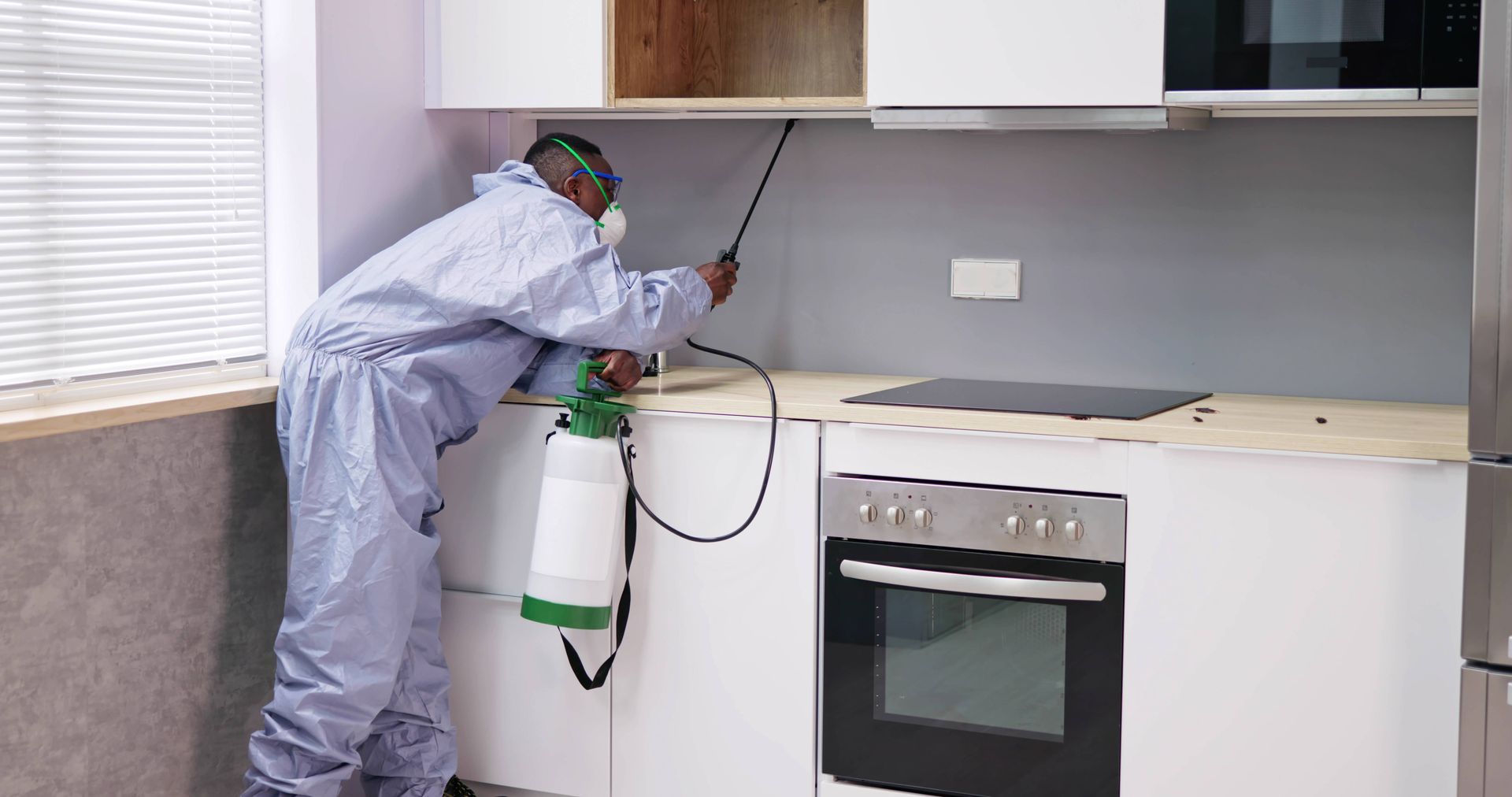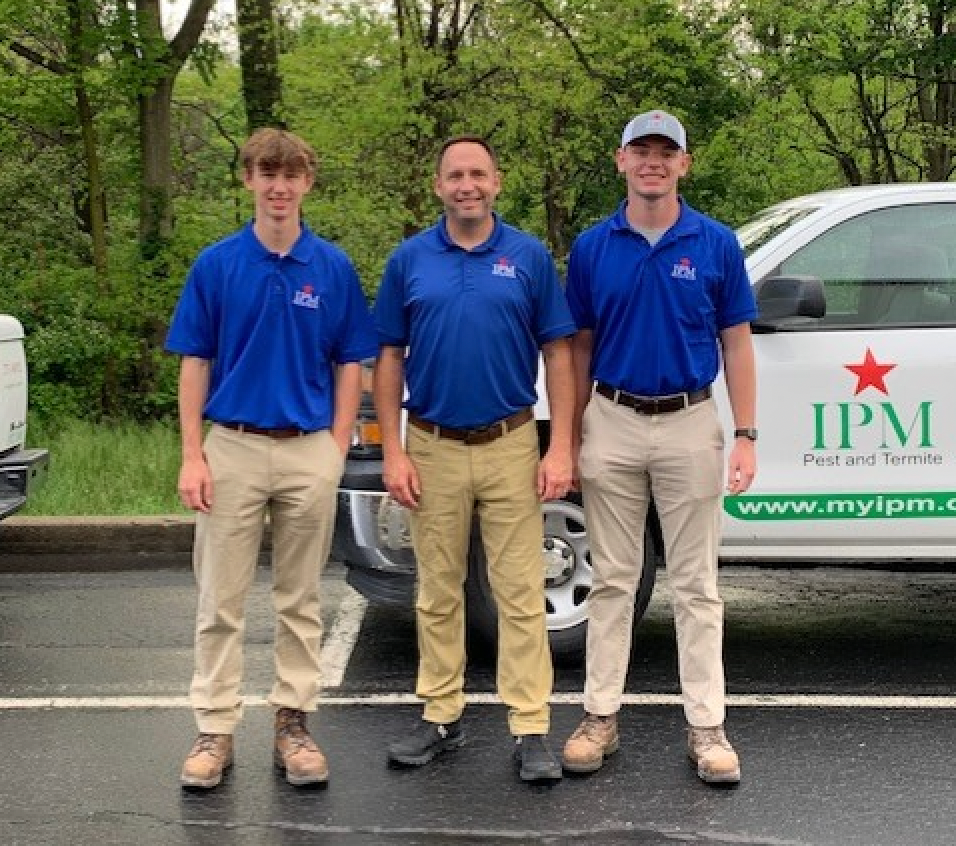Winter Pest Control Tips in Lexington, KY
If you are a homeowner, you know that a drop in temperature means an increase in household chores. The leaves fall meaning leaf raking and cleaning out gutters. Irrigation systems need to be blown out to prevent freezing and hose bibs need to be turned off. Your furnace will be more efficient with a clean filter, so replace your furnace filters and make sure vents to the outside are closed off. Seal up any places where air leaks occur such as pipe entrances. Make sure your fireplace is cleaned and ready for use.
Completing your winterization chores will save you money as you increase energy efficiency and prevent costly home repairs. Another way you can save money this winter is by uninviting any houseguests that are unwelcome. No, I’m not talking about your in-laws or your argumentative aunt, I’m talking about pests and rodents that might desire a chance to freeload on your heat and food. Our winter pest control tips will help keep your home pest free.
Just as people move their activities indoors when cold weather strikes, insects and rodents also are looking for a warm sheltered abode to ride out the winter months. If you keep that in mind as you complete your winterization chores, you can insure that the only guests sharing you home with you are the ones you invited.
Winterization Checklist and Winter Pest Control Tips
- Seal off any cracks or gaps that allow cold air to enter your home. A gap of even an inch serves as an invitation to rodents and pesky insects.
-
Melting snow and seasonal rains can seep through the smallest cracks around your home’s foundation. Millipedes, centipedes, sow bugs, termites and silverfish all love moisture. Caulk any cracks that might allow moisture into your home.
-
Make sure part of your fireplace maintenance includes sealing cracks that become doorways, not only for cold air, but also for insects and rodents. Make sure you have installed a flue cap to prevent birds, raccoons, and squirrels from setting up camp in your chimney. People aren’t the only ones who enjoy the warmth from a fire.
-
Install a 20 foot barrier.
Keeping the 20 feet around your home free of leaves and wood piles will go a long way towards keeping pests and rodents away from your home.
- When you rake the leaves, bag them for disposal or if creating a mulch bed, insure that the resulting leaf pile is at least 20 feet from your home. Leaf piles make nice insulation for wintering insects.
- If you have a wood burning fireplace, your wood pile needs to be at least 20 feet from the base of your home. Make sure that you leave firewood outside until ready for use. Insects and rodents love the nooks and crannies found in dead wood.
- When you rake the leaves, bag them for disposal or if creating a mulch bed, insure that the resulting leaf pile is at least 20 feet from your home. Leaf piles make nice insulation for wintering insects.
- Remove any clutter from your garage, basement, or attic. Spiders, rodents and stink bugs find piles of clutter warm and cozy for bedding down. Use plastic bins for storage. Rodents can chew through boxes and garbage bags. Make a wooden pallet and store any boxes off of the floor.
- Pay extra attention to keeping the interior of your home clean
, especially in areas where food is prepared or eaten. Once inside, pests that don’t hibernate will be looking for a meal. Wipe down counters, seal food containers tightly, wipe up spills, and clean your kitchen floor on a regular basis. Don’t forget to vacuum or sweep the area where you have your evening snack.
If you need help with winterizing your home, or if you’ve forgotten your winterization chores and find that you have unwanted guests, call a professional exterminator. IPM Pest and Termite has been serving the Lexington Area for over 20 years. They offer dependable and reliable service with both same-day and maintenance programs. With our quarterly maintenance program in place, you can bring peace of mind to your winter months knowing that you’ve reduced or eliminated all of your unwanted houseguests, at least of the insect and rodent variety.
